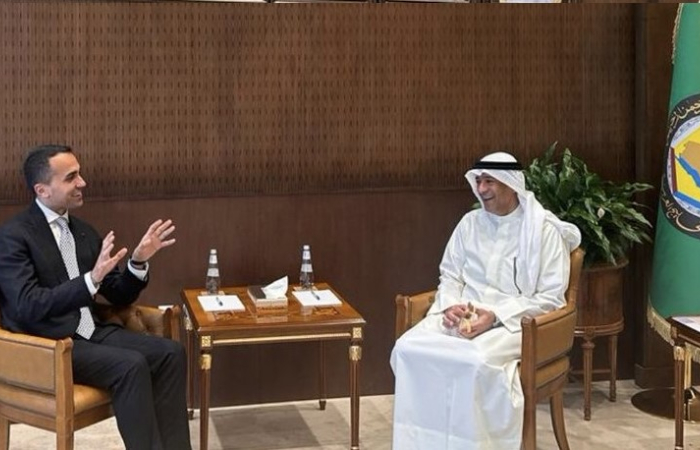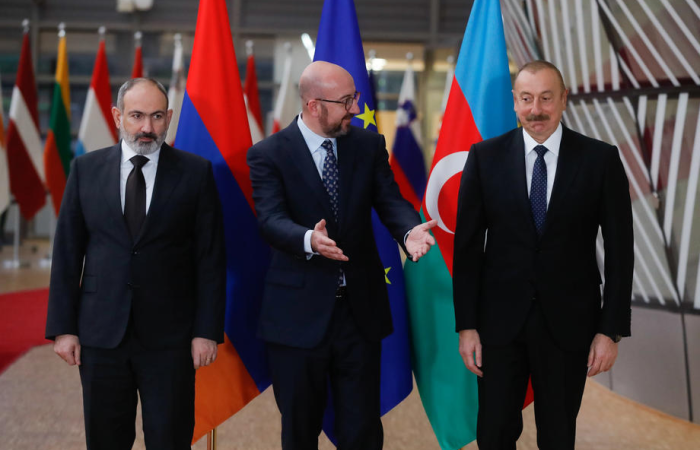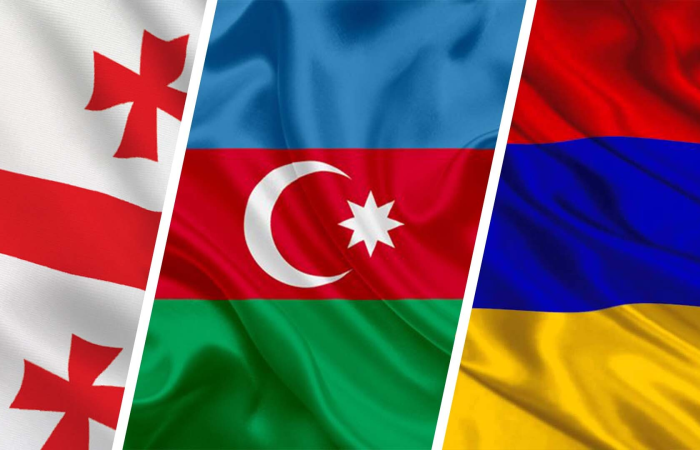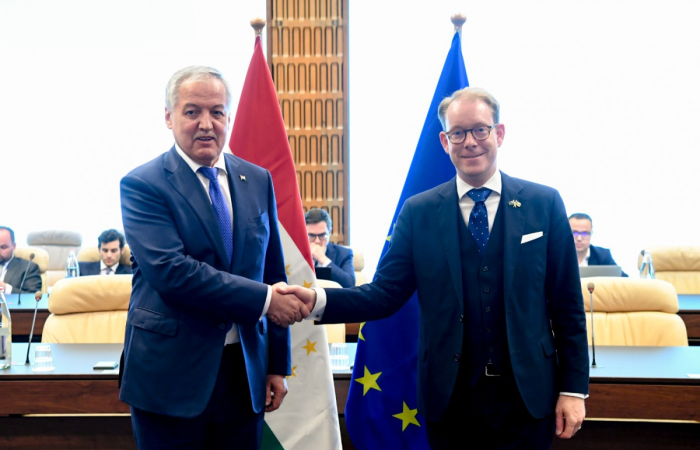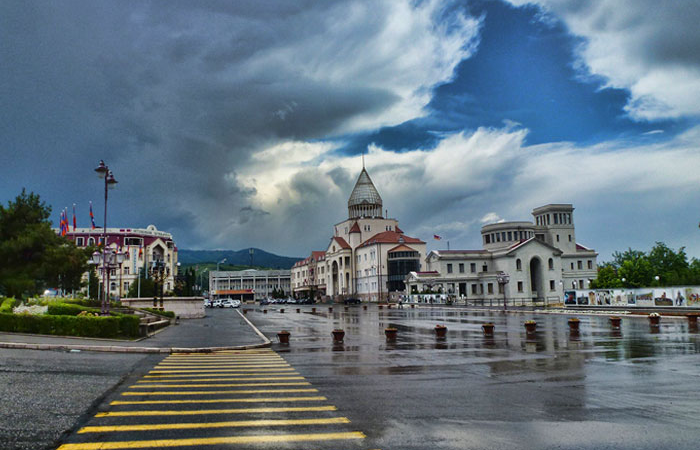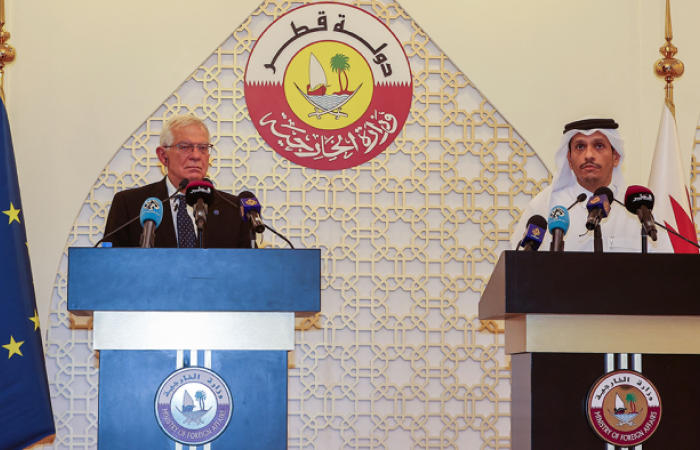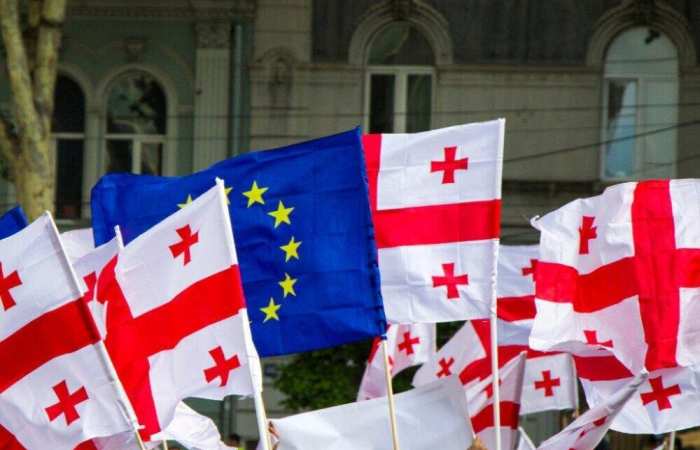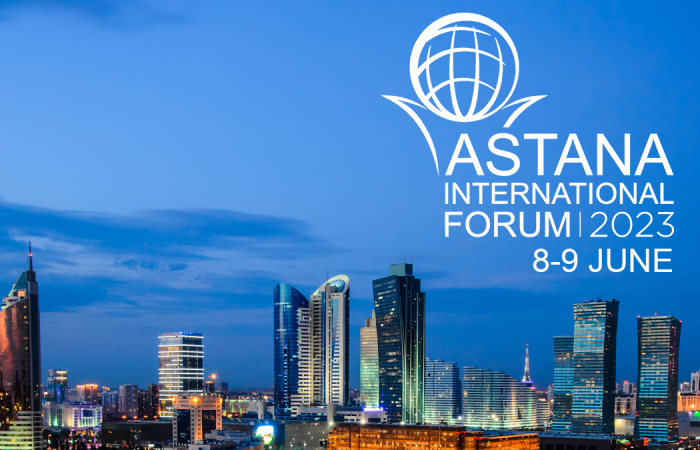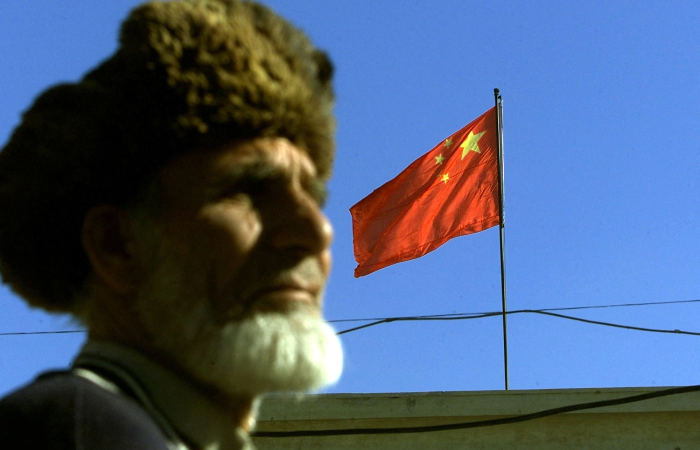Trending
Di Maio arrives in the Gulf on first trip as special envoy of the EU for the GCC
14 July 2023
European Union diplomacy is often criticised for not giving enough attention to the countries of the Gulf Co-operation Council (GCC). In a signal that things are about to change, in June it appointed its first Special Representative for the region. The EU has a number of these Special Representatives, know as EUSRs, usually dealing with regions or topics that cannot be addressed through the bilateral delegations that the EU has in most countries of the world. But the announcement that the EU was going to appoint former Italian Prime Minister, Luigi Di Maio, as its first EUSR for the Gulf countries came as a bit of a surprise. Too senior, some said; too much political baggage from his time in Italian politics, said others.
But after a brief moment of hesitation the 27 member states finally agreed Di Maio's candidature.
This week he finally arrived in the Gulf on his first visit in this role, ahead of an important EU-GCC foreign ministers meeting expected to take place in Oman in October. “I think that the world is changing and there are new partnerships to build,” Di Maio said during an interview on Thursday with the Saudi newspaper Arab News, that touched on topics ranging from the Russia-Ukraine conflict to the economic empowerment of women and young people in the Kingdom.



